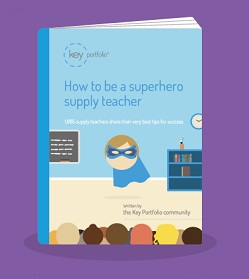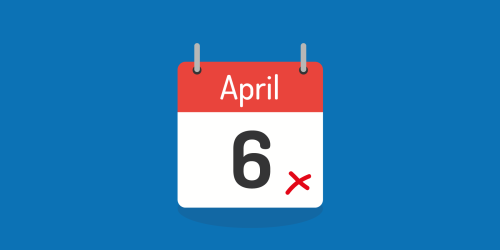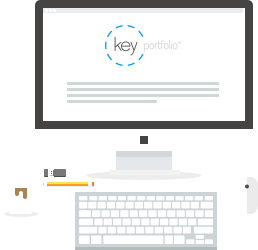How to deal with uncertainty in the world of supply teaching
3 minutes to read

“Tell me why I don’t like Mondays”
It’s Sunday evening and you’re winding up a great weekend. You may have told the odd amusing anecdote from your teaching experiences, but mostly you have forgotten that you are a supply teacher. Yet as Sunday evening approaches, you increasingly resemble Winnie the Pooh’s Eeyore.
Perhaps you pour yourself a glass of nice wine and you are just settling down to watch the latest Nordic Noir drama when the ‘What if…’ questions start dripping like an annoying faulty tap.
“What if I don’t get work this week? I can’t afford not to work, because I’ve got to pay for X, Y, Z…”
And
“What if I do get work and they send me to that new Academy that feels like a cross between St Trinians and The Hunger Games? What if it’s even worse tomorrow?”
So, you jump on the high speed bullet ‘thought train’ to anxiety and agitation.
And though the Nordic Noir is pretty good at distracting you, you go to bed with the Uncertainty Elephant in the room. Consequently, you wake up the next morning feeling as if that very elephant has eaten its own bodyweight, then sat on you and… what’s that loud beating noise? Eek, it’s your heart!
Granted, this may be on the dramatic side, but you know what I’m talking about, right?
There are a few points I’d like to pick up on here. Stress and anxious thoughts often build up over time and increase in intensity the more they go unchecked. So, dealing with the building anxiety earlier would have meant you had more chance of going to bed feeling good, having an undisturbed sleep and consequently feeling more on form.
Notice your thoughts
Understanding that the Eeyore feeling will have come as a direct result of your thoughts means that if you can notice your thoughts earlier, you can choose to miss that high speed bullet thought train and instead take a nice steam train to Sleepsville. In short, you are more likely to wake up feeling balanced. We might not be talking Tigger here but you get the picture.
Another crucial point here is that in this case, there are a lot of ‘What if…?’ questions. These kind of questions are not solvable questions and you can only solve solvable problems. They are great questions if you want to generate creative ideas like ‘What if I won a million pounds?” However, they are a fast track to anxiety when they are asked about anything with uncertainty and a negative bias. What tends to happen is that negative thoughts become ramped up.
So what is the alternative?
Firstly, catch yourself saying ‘What if..?’ and turn it into a solvable problem using the words ‘What’ or ‘How’.
Instead of saying, ‘What if I don’t get work this week?’ ask, ‘What can I do to ensure I can get as much work as possible’ or, ‘How can I best prepare myself for work?’
Instead of ‘What if I go to that awful school?’ ask, ‘What are the challenges of this particular school and what can I do to prepare myself for potential problems?”
In effect you are:
- Identifying a problem to be solved
- Listing all possible solutions within your control
- Choosing the best possible solutions
- Doing them
- Evaluating them
It takes practice but it is so worth it because as in the words of the late Wayne Dyer, ‘If you change the way you look at things, the things you look at change’.
And in my experience, this begins with self-talk.




